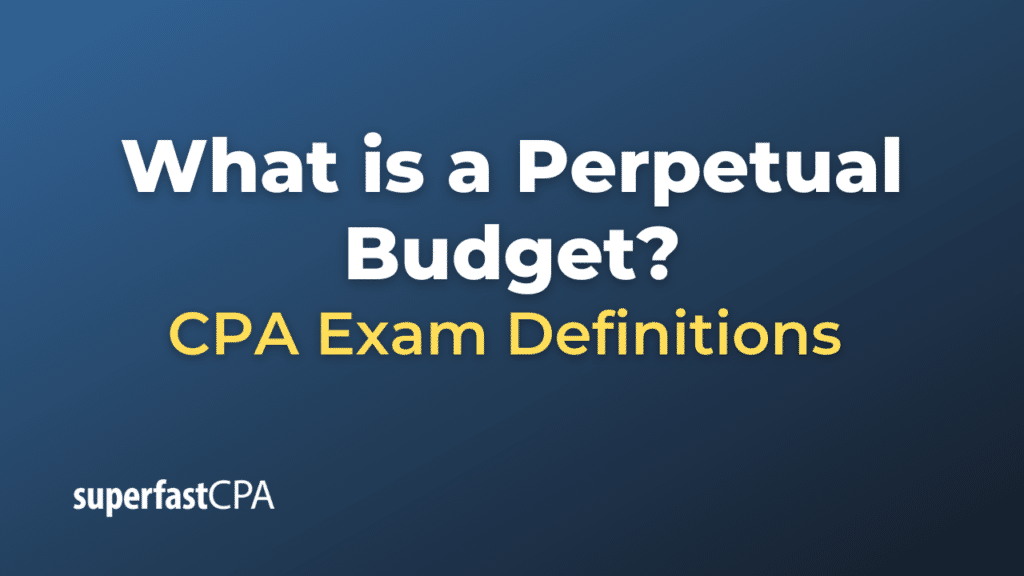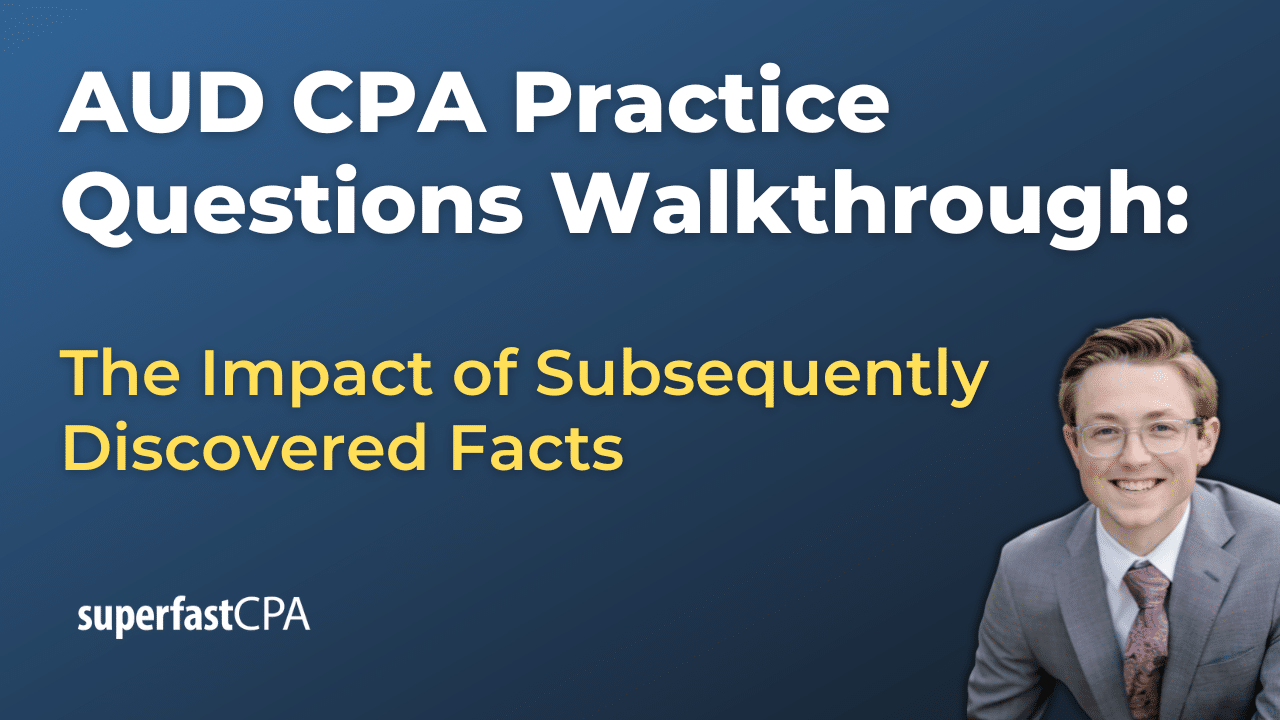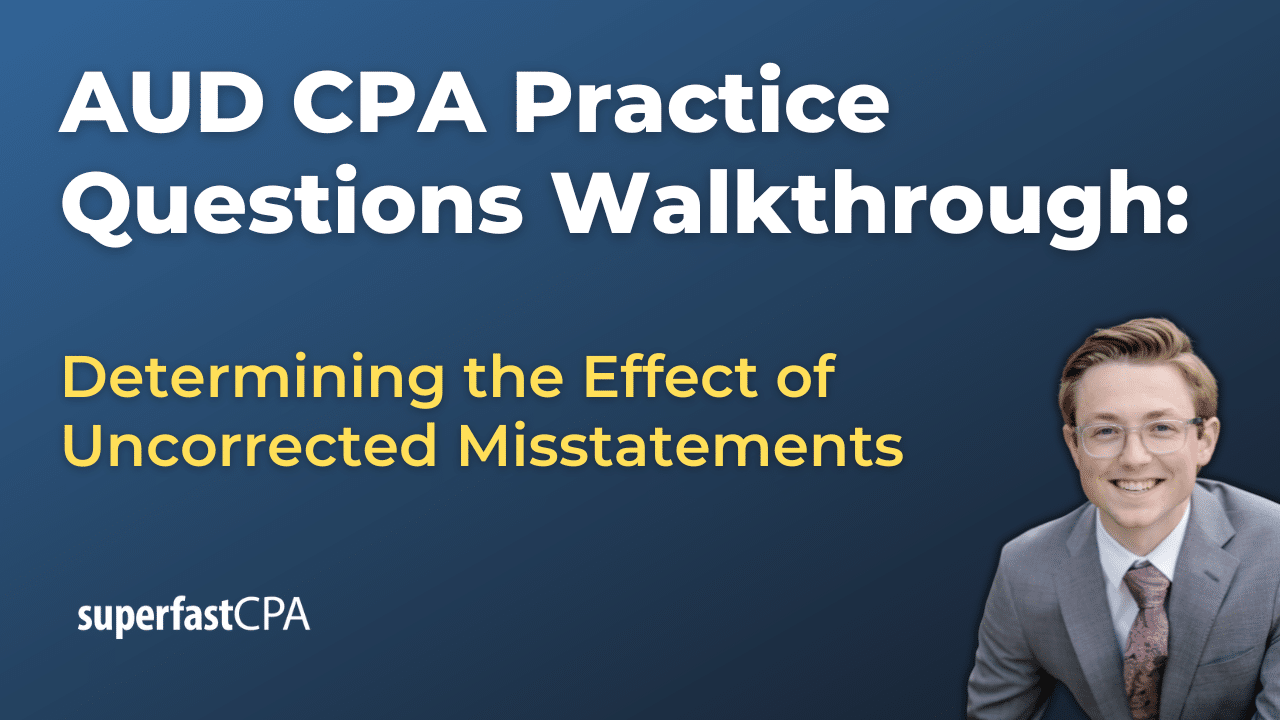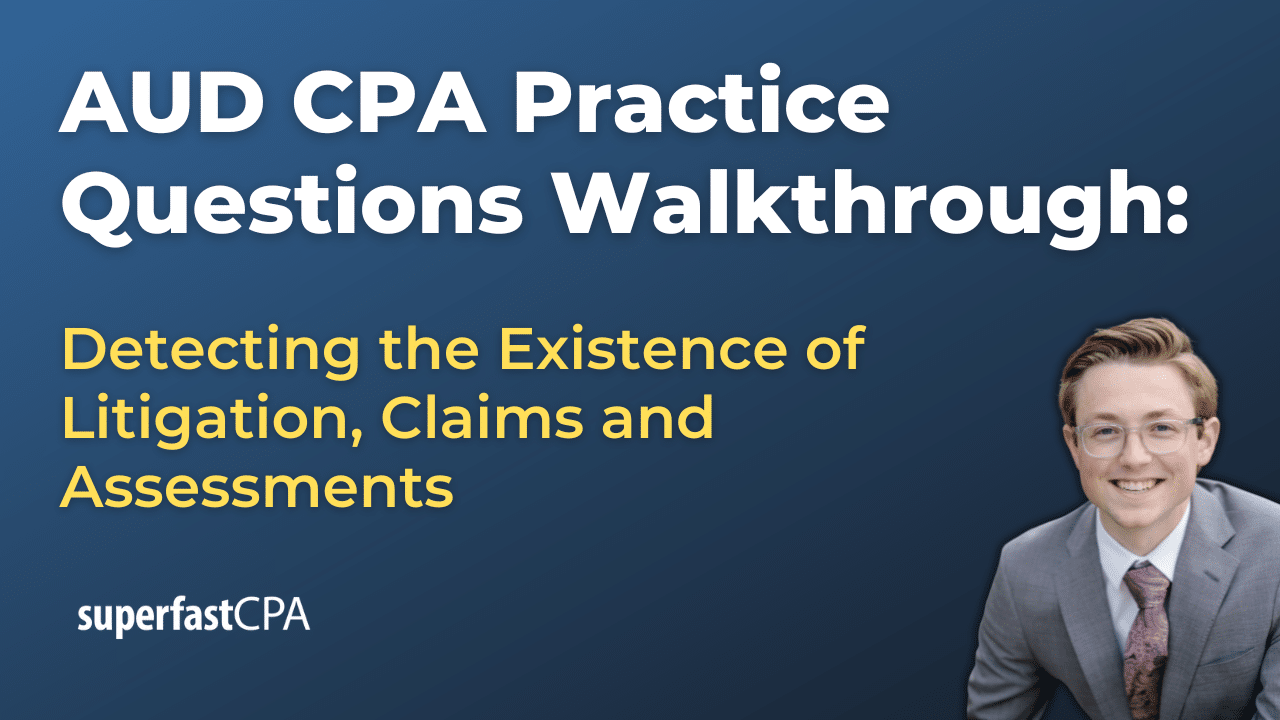Perpetual Budget
A perpetual budget, also known as a continuous budget or a rolling budget, is a type of financial plan that is continuously updated by adding a new period (like a month or a quarter) when the earliest period is completed. This allows for the budget to always cover the same length of time into the future.
The purpose of a perpetual budget is to allow businesses to constantly adjust their plans according to changes in the business environment. Instead of being fixed for a full year, the budget is regularly updated and modified, which can help with maintaining accurate forecasts and promoting more efficient use of resources.
For example, a business might maintain a 12-month perpetual budget. At the end of January, they would drop the January budget from their plan and add a budget for next January, thus keeping a rolling 12-month financial plan. This process would be repeated at the end of each month, always maintaining a forward-looking 12-month budget.
The perpetual budget is a dynamic tool that allows managers to adapt and plan for the future based on the most recent financial data. However, it requires frequent review and adjustment, which can mean more work for the financial team.
Example of a Perpetual Budget
Let’s consider a simple example of a perpetual budget for a hypothetical retail business, “ABC Retail Store”.
ABC Retail Store operates on a 12-month rolling budget. They plan their budget based on sales forecasts, inventory needs, operating expenses, etc. At the start of 2023, they create a detailed budget for each month from January 2023 through December 2023.
Now, let’s say we’ve reached the end of January 2023. ABC Retail Store would review their performance against the January budget. They’ll assess sales, costs, profits, and other key metrics, comparing actual results with what they had budgeted.
Based on this performance and any changes in the market, they would update their budget for the rest of the year. They would also add a new budget for January 2024, so they still have a complete 12-month budget outlook (from February 2023 to January 2024).
This process repeats each month. For example, at the end of February 2023, they would review February’s performance, adjust the budgets for the upcoming months as needed, and add a budget for February 2024.
This approach allows ABC Retail Store to regularly adjust their expectations and plans based on the most recent data, providing an up-to-date, rolling financial plan for the next 12 months. The constant updates can help the store respond to changes in sales trends, cost changes, or other factors that can impact their financial performance. However, it does require a commitment to ongoing budget management and review.













